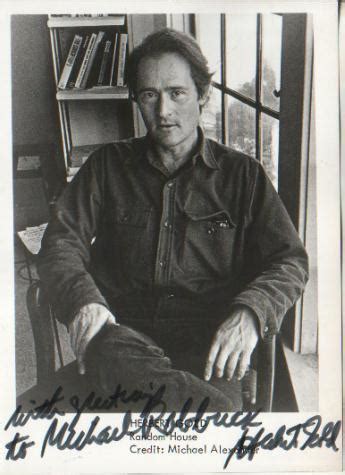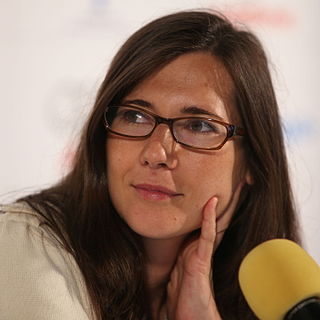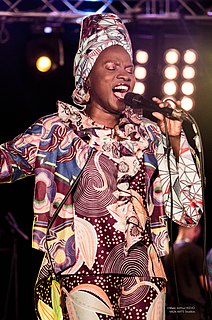A Quote by Ernest Hemingway
Madame, all stories, if continued far enough, end in death, and he is no true-story teller who would keep that from you.
Related Quotes
The end of all stories, even if the writer forebears to mention it, is death, which is where time stops short. Sheherezade knew this, which is why she kept on spinning another story out of the bowels of the last one, never coming to a point where she could say: "This is the end." Because it would have been.
Why do we take pleasure in gruesome death, neatly packaged as a puzzle to which we may find a satisfactory solution through clues - or if we are not clever enough, have it revealed by the all-powerful tale-teller at the end of the book? It is something to do with being reduced to, and comforted by, playing by the rules.
I think the difference between a lie and a story is that a story utilizes the trappings and appearance of truth for the interest of the listener as well as of the teller. A story has in it neither gain nor loss. But a lie is a device for profit or escape. I suppose if that definition is strictly held to, then a writer of stories is a liar - if he is financially fortunate.





































